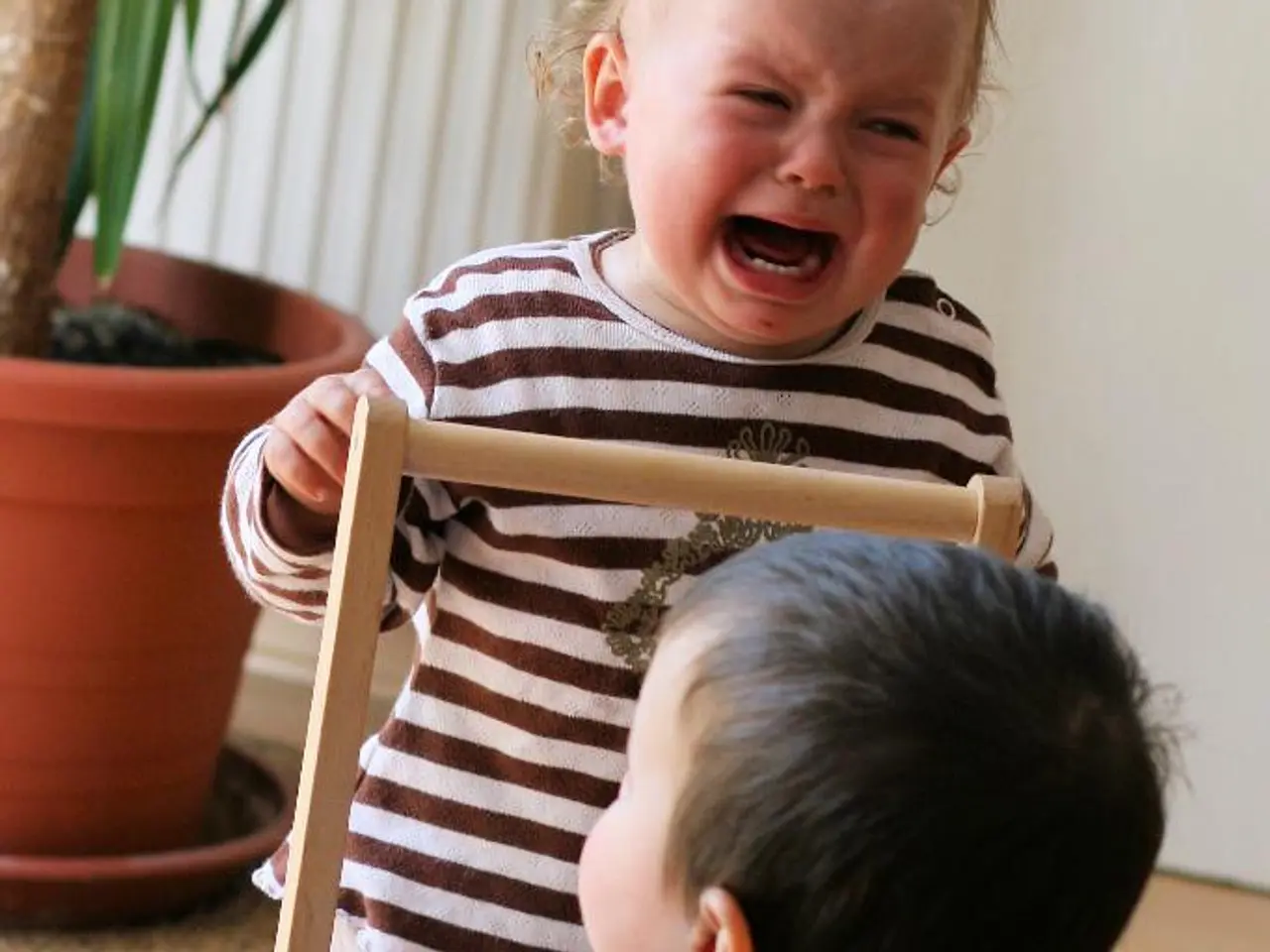Fundamental Factors Fuelling Disrespectful Conduct
Unraveling the Root Causes of Public Insults and Belittling
Public rebukes and derision often stem from deep-seated psychological and emotional issues. By closely examining such behaviors, one can gain valuable insights into the insulter's inner turmoil and respond more effectively. Analyzing the motivations behind such actions can reveal more about the person inflicting harm than their intended target.
Decoding the Patterns of Insults
Insults often adhere to common patterns. Based on the target's perceived shortcomings, the insulter might be unknowingly exposing their own unfulfilled desires or shortcomings. Insults may indicate hidden wishes or goals that the person has yet to achieve. Sometimes, insults reflect past traumas or negative experiences that have not been addressed. Understanding these patterns can foster empathy instead of defensiveness when encountered with such behavior.
The Psychological Origins of Belittling
Belittling others is often a manifestation of underlying emotional turmoil. Many individuals who resort to this behavior do so to mask their own insecurities. By humiliating others, they may attempt to feel superior or more powerful. Belittling can stem from past traumas or abusive experiences that lead to aggressive behaviors in adulthood. In some cases, belittling is a means to exert control over others, particularly in abusive relationships. It can create dependency in the target, making them reliant on the abuser for validation. Some people may lack empathy, prioritizing their own needs without considering the impact of their actions on others. Insults may also be an expression of unacknowledged jealousy or feelings of inadequacy toward another person's accomplishments or qualities.
The Impact on Targets
Those subjected to belittling and public rebukes may suffer from severe psychological consequences, such as anxiety, depression, and a decline in self-esteem. The emotional distress caused by humiliation, shame, or betrayal can be particularly damaging, especially if the abuse originates from a trusted source. The emotional wounds can lead to cycles of self-doubt and social withdrawal, further isolating the target from support networks.
Societal Ramifications of Ridicule
Public rebuke can have far-reaching social consequences, serving as a form of peer censorship that suppresses dissenting voices. This creates an environment where individuals are discouraged from expressing differing opinions due to fear of ridicule. As a result, community cohesion and trust can erode, and the quality of public discourse can degrade. Recognizing these dynamics is essential for maintaining healthy social environments.
Addressing and Preventing Harmful Behavior
To combat belittling behavior, communities must formulate clear guidelines for respectful interaction and enforce them consistently. Education and awareness are vital tools, as understanding the effects of bullying and promoting empathy can contribute to a more harmonious society. Moderation strategies should include escalating consequences for repeat offenders and mediating disputes before they escalate to public ridicule. Additionally, acknowledging and rewarding constructive contributions can help create a supportive and encouraging community culture.
Fostering Positive Interactions
Leaders and moderators play a crucial role in shaping the tone of community interactions. They should demonstrate respectful communication and accountability, acknowledging mistakes and apologizing sincerely. Encouraging positive engagement through community events or mentorship programs can help cultivate empathy and understanding among members. Implementing restorative practices in conflict resolution can also help establish a supportive and healing environment.
In conclusion, understanding the root causes of public ridicule equips us to address it more effectively. By applying strategies to curb belittling behavior and foster healthier, more respectful communities, we can cultivate a supportive and inclusive environment that promotes emotional well-being for all members.
The conflict of public insults can be traced back to the insulter's unaddressed mental health issues, as belittling may reflect past traumas, hidden desires, or feelings of inadequacy. In the realm of health-and-wellness and mental health, it's crucial to recognize that the act of belittling others can lead to negative consequences for both the insulter and the target, including emotional distress and potential psychological harm.
By acknowledging the role of science in understanding the motivations behind such behaviors, we can develop more effective strategies to foster positive interactions and promote emotional well-being for all members of a community, thereby enhancing the quality of public discourse and community cohesion.






